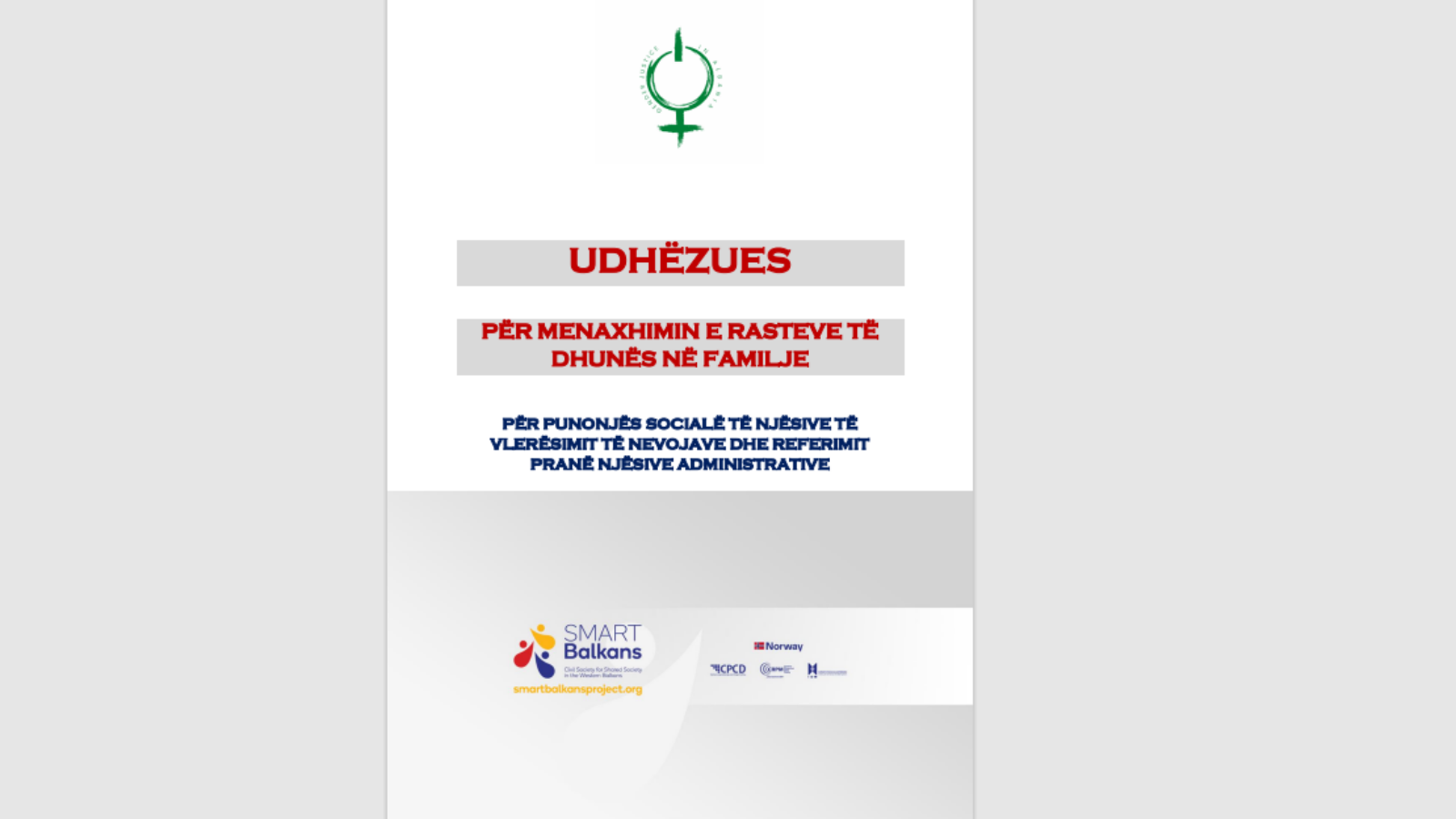The social workers of administrative units play a crucial role in preventing gender-based domestic violence, minimizing its consequences, and preventing cases of femicide in the country.
Due to their daily interaction with the community, social service professionals are often the first point of contact with victims of domestic violence. Therefore, it is necessary for them to possess the necessary skills to identify red flags of domestic aggression, manage cases effectively, and refer them to relevant service-providing institutions based on the needs.
In accordance with Law 121/2016 “On Social Care Services in the Republic of Albania,” the structures that should be established and function at the municipal level to assist are a) structures responsible for social care services in municipalities and b) Needs Assessment and Referral Units established at the administrative level.
These units assist vulnerable groups in their operational territories and are particularly important in managing domestic violence cases since they are legally mandated implementing structures of local and national social policies, offering direct services to individuals in need. Despite being a legal obligation since the law’s approval in 2016, these units have not been established in every municipality. Up to now, these structures have primarily been established in larger municipalities. As part of this new structure, social workers need guidance and orientation in their work with domestic violence victims.
This document is formulated to be a practical aid for social workers to effectively handle domestic violence cases. Efficient work necessitates a thorough understanding of the legislation, as every action to protect victims must comply fully with legislative provisions. Therefore, a significant portion of this guide is dedicated to legal provisions related to domestic violence.
A victim of domestic violence can be any person, regardless of age, socio-economic status, education level, family or marital status, and certainly, regardless of gender. However, it is undeniable that women are much more at risk of domestic violence, and the dynamics of abuse differ compared to men. Global studies indicate that around 90% of domestic violence victims are women and girls. Moreover, women are more at risk of intimate partner homicides than men. For these reasons, this guide primarily addresses domestic violence perpetrated by men against women.
Compared to other vulnerable groups assisted by Needs Assessment and Referral Units, domestic violence victims carry inherent risks to their health, safety, and lives caused by another person. This has led to prioritizing issues in this guide such as the identification of risk factors and risk assessment.
For further details, you can read the publication here: Center for Gender Justice in Albania: “Guideline for addressing domestic violence cases” Guideline for addressing domestic violence cases








